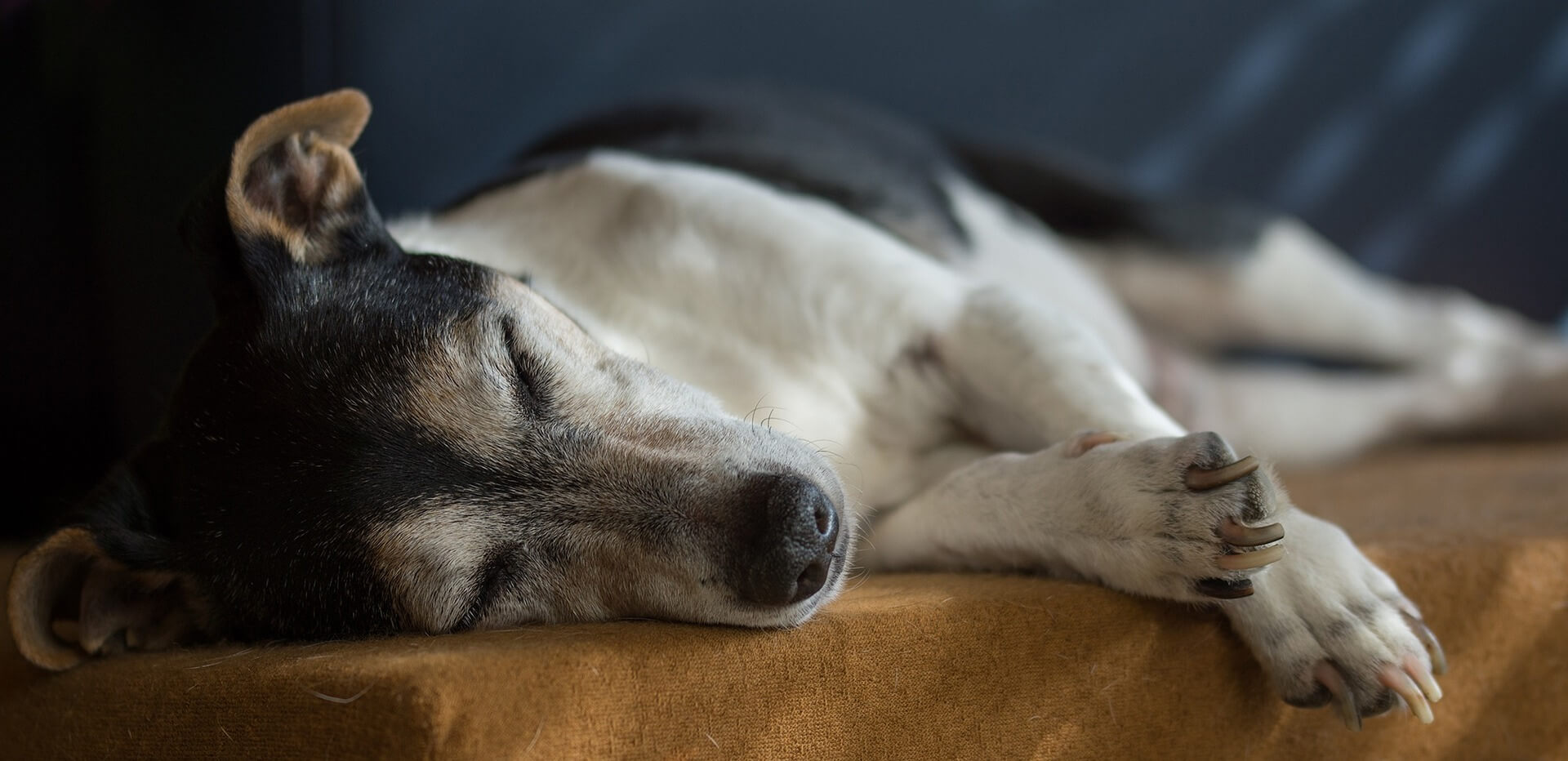Are you an animal lover who wants to take all the dogs home from your local animal shelter? Most of us can’t handle dozens of dogs at home but how do you choose the right companion? Everyone is different but some people cherish the thought of giving a senior dog a happy retirement home. Now the question is how do you go about taking care of a senior dog you’ve just adopted?
Easing The Emotional Transition
Dogs are incredibly resilient but they still need support adapting to a new environment. Think of it a little bit like rehoming a toddler but one to whom you can’t explain what’s happening. Understandably, it can be daunting and even terrifying.
Depending on the dog, it takes at least 3 weeks for them to adjust, according to the American Kennel Club. During that time, make sure you take some time off work to hang out with your new dog.
Maybe you can play “find the treat” game by hiding treats around your house. Alternatively, you can take them to the park. The aim is to get to know each other and to bond emotionally. Some older dogs also love being groomed. Then again, give them time and approach them gently because some older dogs also prefer their space.
It’s always important to get as much information as you can from the shelter where you adopted your dog, as we described in a previous blog on animal adoption. This will help you when taking care of a senior dog because they can give you a head’s up as to what to expect. That includes their behaviours and fears.
As this Insider article on things to consider before adopting and taking care of a senior dog explains, make sure you do your groundwork. Essentially, get the dog’s history, health status and test how well-trained they are. This isn’t about discarding dogs. It’s about making sure there’s a fit with your lifestyle and capabilities.
Then, enjoy the transition and have fun with your new senior dog:
Arrange a “safe” comfy corner.
We all need a cozy place to retire to where we feel safe. When taking care of a senior dog, that usually involves a bed and some cushions and perhaps some toys.
Set a routine.
Having a routine gives us all structure and comfort. It’s a framework we can hold onto especially when other things are new or uncertain. Similarly with dogs. The more quickly you establish a routine, the more quickly they’ll understand the expectations.
Relax and give them space.
It’s also critical to not encourage some form of codependence so make sure you let them explore their new home as they wish. Essentially, dogs need to be dogs which means scavenging, searching and generally using their noses to understand their new world.

Physical and Mental Well-being
None of us knows what ageing will bring and what ailments we’ll suffer from. Just like preventative health care is important for humans, so it’s equally critical when taking care of a senior dog. So, check out these key resources in this Preventative Pet Healthcare article by the American Veterinary Medical Association.
An important point to note is that many people assume a yearly check-up is enough. Nevertheless, as VCA Hospitals explains in their article on Senior Dog Care, a dog who is 7 years or older generally needs a 6 monthly check-up. Issues can escalate far more quickly with a senior dog and the earlier you catch them, the more likely the dog can recover without things becoming sinister.
As this article on Senior Dog Health Issues explains, cancer affects about half of dogs over the age of 10. Other common problems to look out for are arthritis, organ problems and dementia. Of course, dogs don’t develop everything at once so don’t worry about dealing with a host of problems. Simply do the 6 monthly check-ups to avoid issues becoming deeper problems.
A good rule of thumb when taking care of a senior dog, as described in this article on Wellness Testing for Senior Dogs, is to do the following every 6 months:
Complete blood count.
This gives you an idea of how healthy their blood is and if they have any deficiencies with, for example, iron or vitamin B.
Biochemistry profile.
This shows you how the organs are doing and it’s worth asking your vet to include an SDMA count. Measuring this amino acid tells you how the kidneys are doing which also gives a much earlier indication of kidney disease. You can then give supplements such as Renavast before kidney disease even becomes a conversation.
Urinalysis.
Depending on where you live, this is not automatically included in the check-up. Of course, it isn’t easy to collect yourself but you can ask your vet to do a Cystocentesis. That’s when they use a needle to collect the urine directly from your dog’s bladder. Not only is it much easier but it keeps the urine sterile so that the urinalysis results aren’t compromised.
Thyroid and pancreas.
These are sometimes also overlooked but can quickly escalate to life-threatening without needing to. With the former, there are very effective thyroid medications. On the other hand, any pancreas issues usually need a change of food, including treats. Most importantly, if your senior dog stops eating, do not wait and get a pancreas test immediately. You will potentially save their life.
Parasites and worms.
All pet owners need to know about flea and tick monthly treatment to prevent tick diseases and other issues. Generally, most countries also recommend at least 3 monthly deworming and in some cases, monthly. Your vet can advise you depending on the local wildlife.
Vaccinations.
It’s important to note that vaccinations save lives but the frequency of when they’re given is currently changing. For example, rabies and parvovirus vaccinations were traditionally given yearly. These days, some companies are producing 3 yearly vaccinations.
As we explained in our Dog Vaccines article, you can now test your dog’s immunity before vaccinating them. This is particularly valuable when taking care of a senior dog because we now know that over-vaccinating can have such dire effects. It’s all about getting the right balance.
Taking Care of a Senior Dog
Adopting and living with a senior dog is one of the most fulfilling experiences. They’re generally not demanding because they’re quite happy to sleep for most of the day. Moreover, they often enjoy company and love getting pampered. They’ll also show you what ageing with dignity and acceptance looks like.
With a bit of planning, taking care of a senior dog is fun and rewarding so don’t hesitate to give the right dog a happy final phase in this life.





